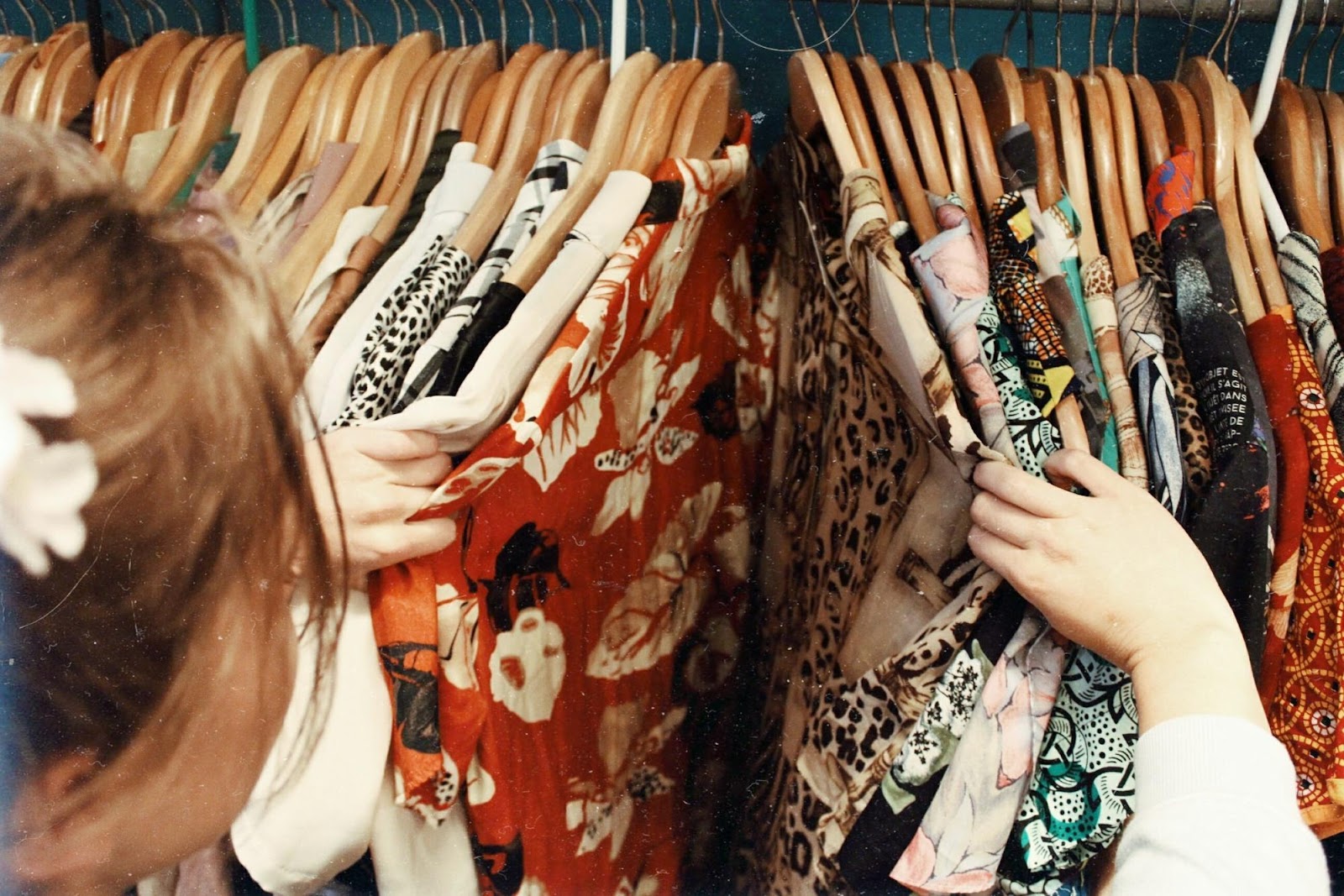
The fashion industry has long been associated with its negative impact on the environment and unethical labor practices. In recent years, however, there has been a surge in sustainable and eco-friendly fashion. Consumers are turning to brands that prioritize ethical practices and make a conscious effort to minimize their ecological footprint. This article explores the rise of sustainable fashion and showcases some of the top brands leading the movement.
The Need for Sustainability
The textile industry is one of the largest polluters in the world, producing millions of tons of waste and consuming vast quantities of water and energy. Moreover, the business structure of fast fashion thrives on consumerism, pushing for cheaper and more disposable items that result in excessive waste and exploitation of labor markets. As environmental concerns grow, the need for sustainable alternatives has become more evident.
Sustainable Choices in Accessories
Besides clothing, sustainability can also be applied to other aspects of our wardrobe, such as accessories. Aiming for decadence in weddings can lead to choices that are harmful for the environment. Flowers take excessive water and resources to grow, so consider switching to synthetic choices which can be more affordable and reused. You can also choose a lab diamond engagement ring instead of a mined diamond which can significantly reduce the environmental and social impact associated with diamond mining. Such decisions help support responsible and eco-friendly options in every facet of our lives.
Consumer Education
Education plays a vital role in advancing the sustainable fashion revolution. Brands are responsible for informing consumers about the importance of sustainable practices and the environmental implications of their clothing choices. Through effective marketing campaigns and transparent communication, fashion companies can inspire customers to make conscious purchasing decisions that support sustainability, social fairness, and environmental protection. This awareness can foster a cultural shift toward responsible consumption and help drive the industry toward a greener future.
Eco-friendly Dyes and Finishes
A significant aspect of sustainable fashion is the use of eco-friendly dyes and finishes in producing garments. Conventional dyes and treatments contain harmful chemicals that pollute water sources and contribute to environmental damage. By utilizing natural dyes extracted from plants or adopting innovative waterless dyeing methods, sustainable fashion brands can minimize their ecological impact further and create safer products for consumers and the planet.
What Makes a Fashion Brand Sustainable?
With sustainability taking center stage, it’s crucial to understand what sets these brands apart. Sustainable fashion revolves around three main principles:
- Eco-friendly materials: Brands utilize natural, organic, or recycled fabrics that have a low environmental impact. These materials require less water and fewer chemicals during production.
- Transparent and ethical supply chain: A commitment to fair working conditions, fair wages, and respecting human rights throughout the production process.
- Slow fashion mindset: Prioritizing quality and longevity rather than excessive production schedules and disposable materials. This includes practices like timeless designs, limited collections, and a focus on repairability.
Packaging and Shipping
Another crucial element in the sustainable fashion movement is the adoption of eco-friendly packaging and shipping methods. Brands are increasingly using recycled, biodegradable, or compostable materials for packaging to reduce plastic waste. In addition, some companies are partnering with carbon-neutral shipping services to offset their greenhouse gas emissions during transportation. This focus on reducing the environmental impact of their operations extends beyond clothing production and demonstrates a brand’s commitment to sustainability.
Sustainable Fashion Brands
The following brands are making waves in the sustainable fashion industry:
Eileen Fisher: Known for creating simple and timeless designs, Eileen Fisher emphasizes using organic materials and maintaining an ethical supply chain. The brand has also introduced a recycling program for its garments, which prevents them from going to waste.
Patagonia: Patagonia has been a forerunner in sustainable and ethical practices for years. The outdoor clothing brand emphasizes repair and reuse and offers a wide range of eco-friendly and Fair Trade Certified products.
Veja: With an emphasis on transparency, Veja produces sneakers that balance style and ethics. They use biodegradable materials and implement fair wages for their workers. Moreover, their factory in Brazil even utilizes solar energy to minimize its carbon footprint.
Reformation: Loved for its feminine and vintage-inspired designs, Reformation is committed to minimizing waste, using eco-friendly materials, and utilizing a transparent supply chain. They provide detailed information about the environmental impact of each garment and invest in green building infrastructure.
Collaboration for Change
Progress in the fashion industry doesn’t end with sustainable brands. Collaborative efforts like The Fashion Pact and the Sustainable Apparel Coalition aim to unite companies, retailers, suppliers, and even governments to set goals addressing climate change, biodiversity, and ocean health. By working together, they can establish cohesive guidelines and collectively make a more significant impact.
As sustainable fashion becomes more popular, the industry and consumers must adapt. With more brands adopting sustainable practices and shoppers becoming more aware and demanding better values, the fashion landscape has the potential to become an ethical and environmentally responsible space. The stylish revolution has begun, and it’s more than just a trend; it’s a pathway for a better future.



